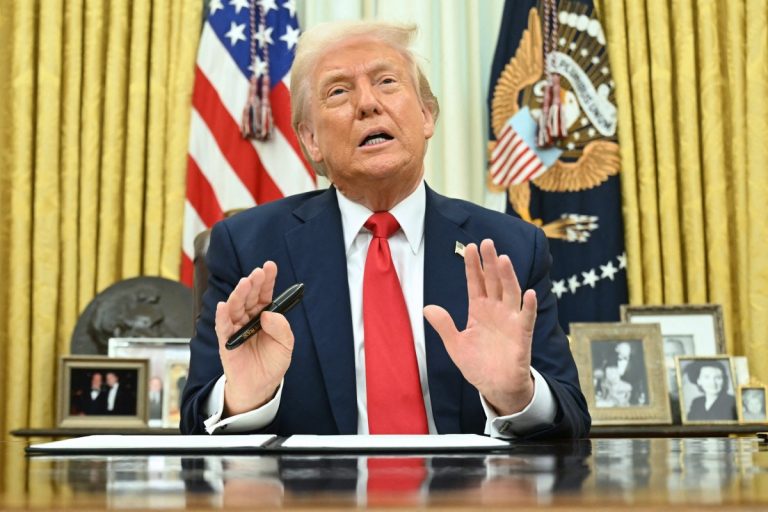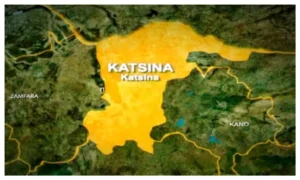
Several U.S. federal judges have halted significant portions of President Donald Trump’s recent executive orders, delivering major legal blows to his administration’s agenda on voting regulations, immigration policy, and diversity initiatives in education.
On Thursday, a federal court blocked the administration’s move to add a citizenship verification requirement to the federal voter registration form. The provision, introduced in Trump’s March 25 executive order, would have required individuals applying to vote at public assistance agencies to prove their citizenship before being offered the opportunity to register.
The Democratic Party challenged the directive, arguing that the President lacked constitutional authority to unilaterally change federal election rules. U.S. District Judge Colleen Kollar-Kotelly sided with the Democrats, ruling that the executive order overstepped presidential powers and blocked the measure.
In a separate ruling, U.S. District Judge Landya McCafferty partially blocked the Department of Education from enforcing a directive that threatened to withdraw federal funding from educational institutions unless they scrapped diversity, equity, and inclusion (DEI) policies.
Judge McCafferty condemned the administration’s move, saying it undermined the “foundational principles” that distinguish the United States from totalitarian regimes. The Education Department had issued a memo earlier this year instructing federally funded schools to eliminate race-based discrimination or face budgetary penalties.
On immigration, U.S. District Judge Stephanie Gallagher ordered the Trump administration to make a “good faith request” to El Salvador for the return of a man deported under conditions that violated a prior court settlement. Gallagher also prohibited further deportations of migrants protected under that same agreement.
Additionally, U.S. District Judge William Orrick blocked the administration’s attempt to withhold federal funding from so-called sanctuary jurisdictions — cities and states that refuse to cooperate with the federal government’s immigration enforcement policies.
The rulings represent a significant judicial pushback against President Trump’s use of executive orders to implement sweeping policy changes, with courts reaffirming checks on executive power across multiple fronts.









![[PHOTOS] Arewa Offa, Mustapha Amidat Concludes Skill Acquisition, Exhibition Programme](https://newsbulletin.com.ng/wp-content/uploads/2025/09/IMG-20250920-WA0011-300x300.jpg)